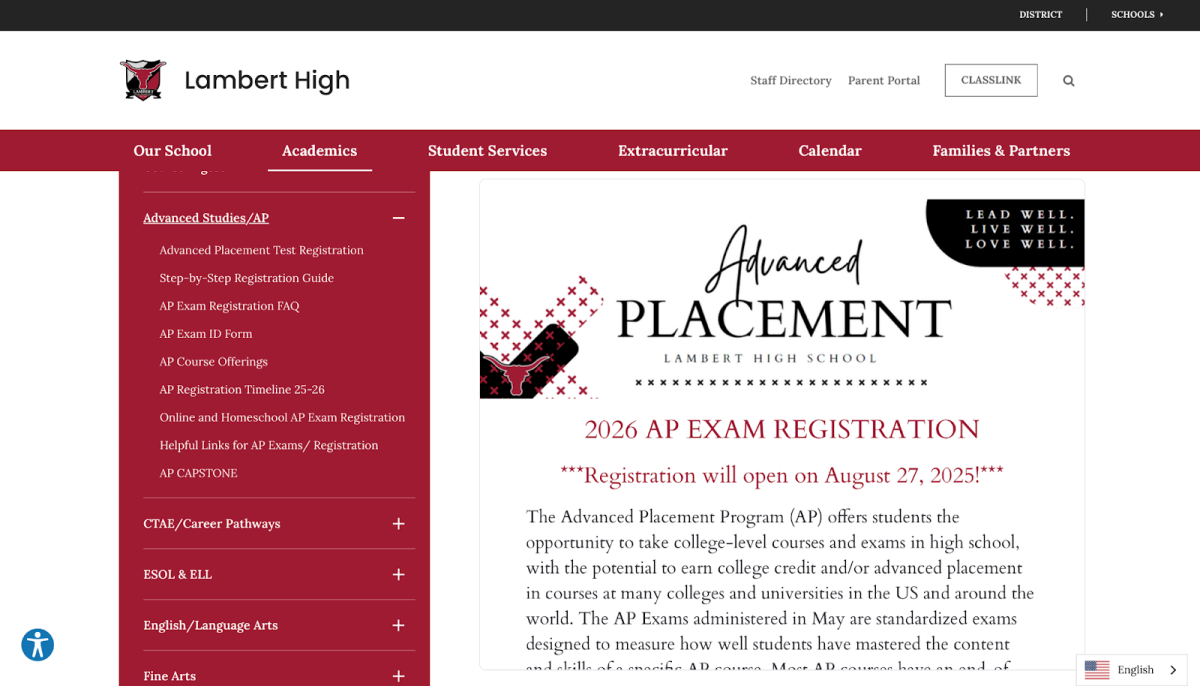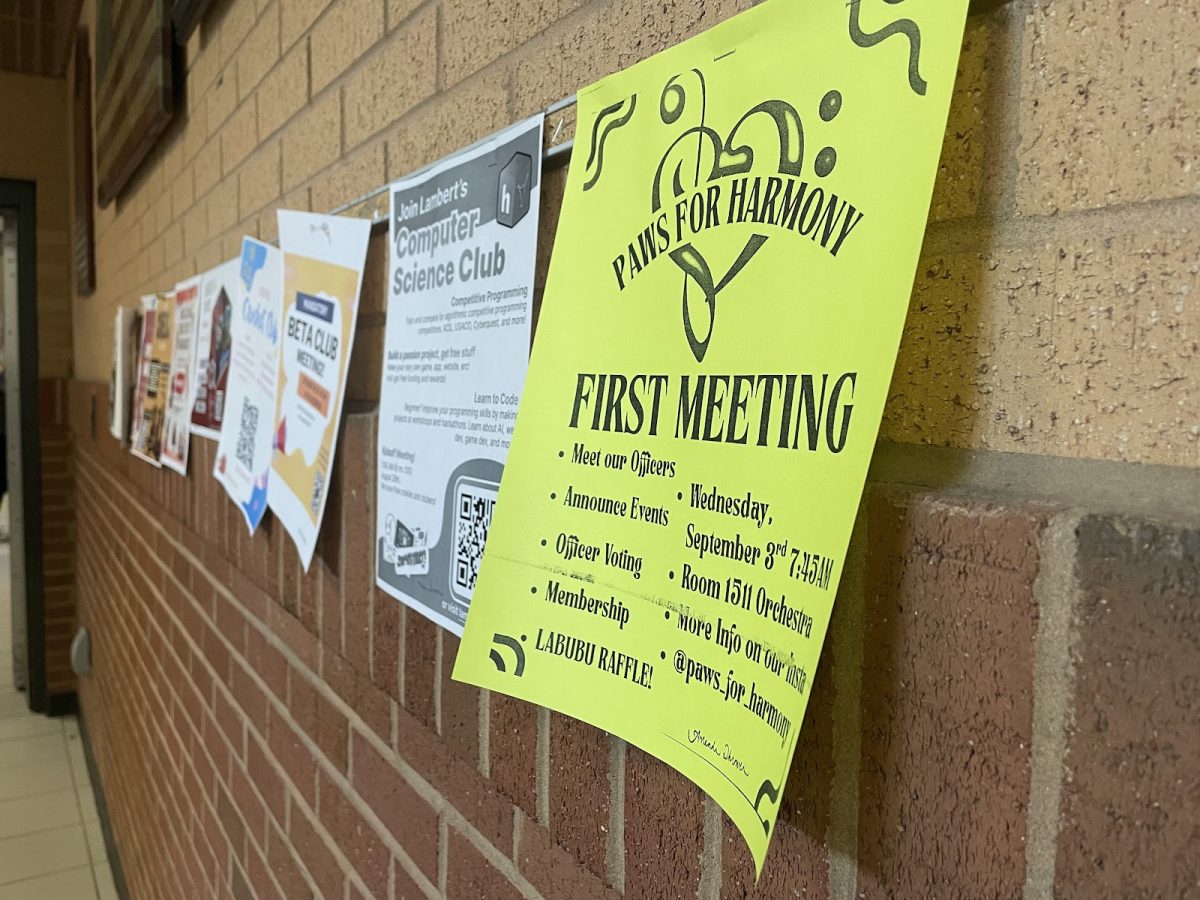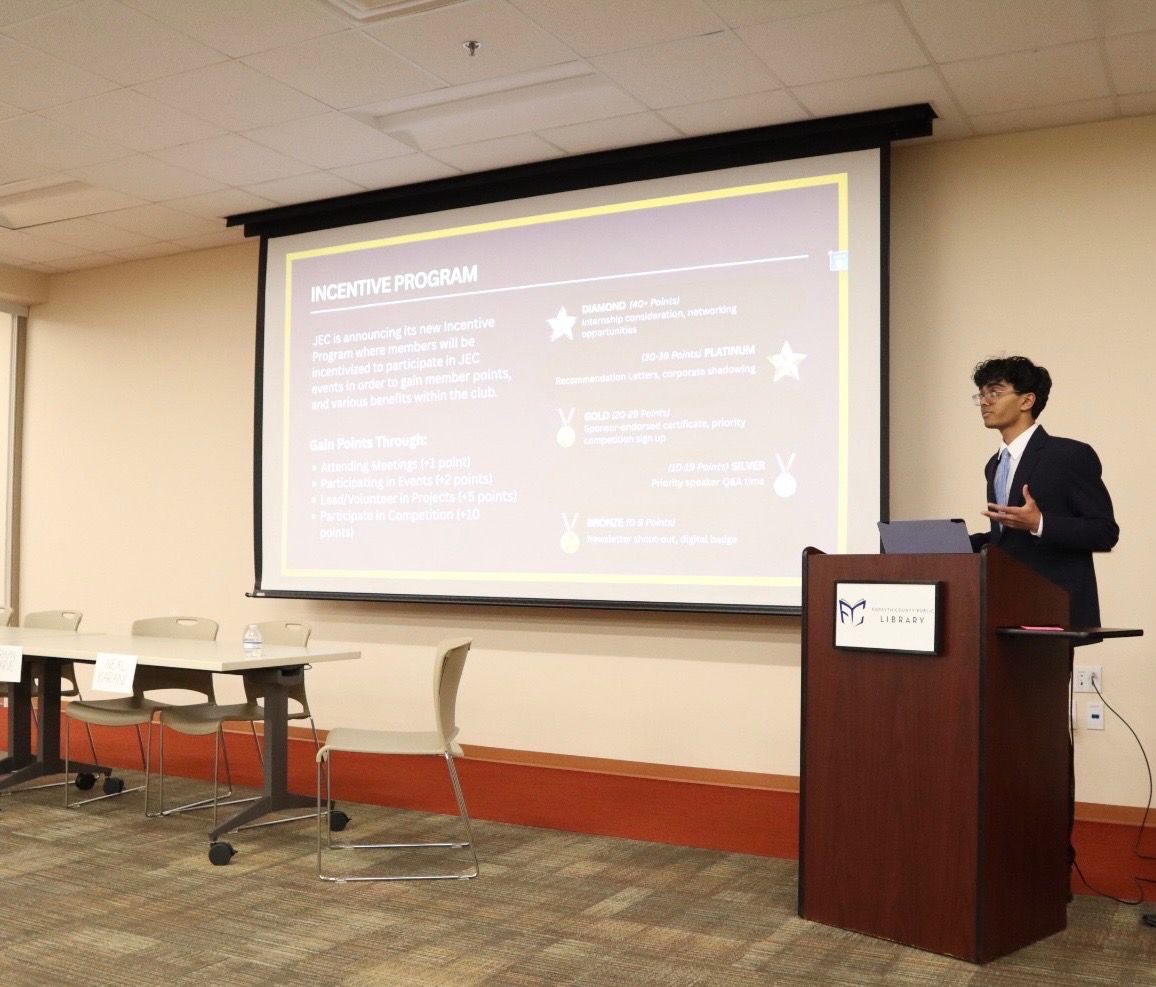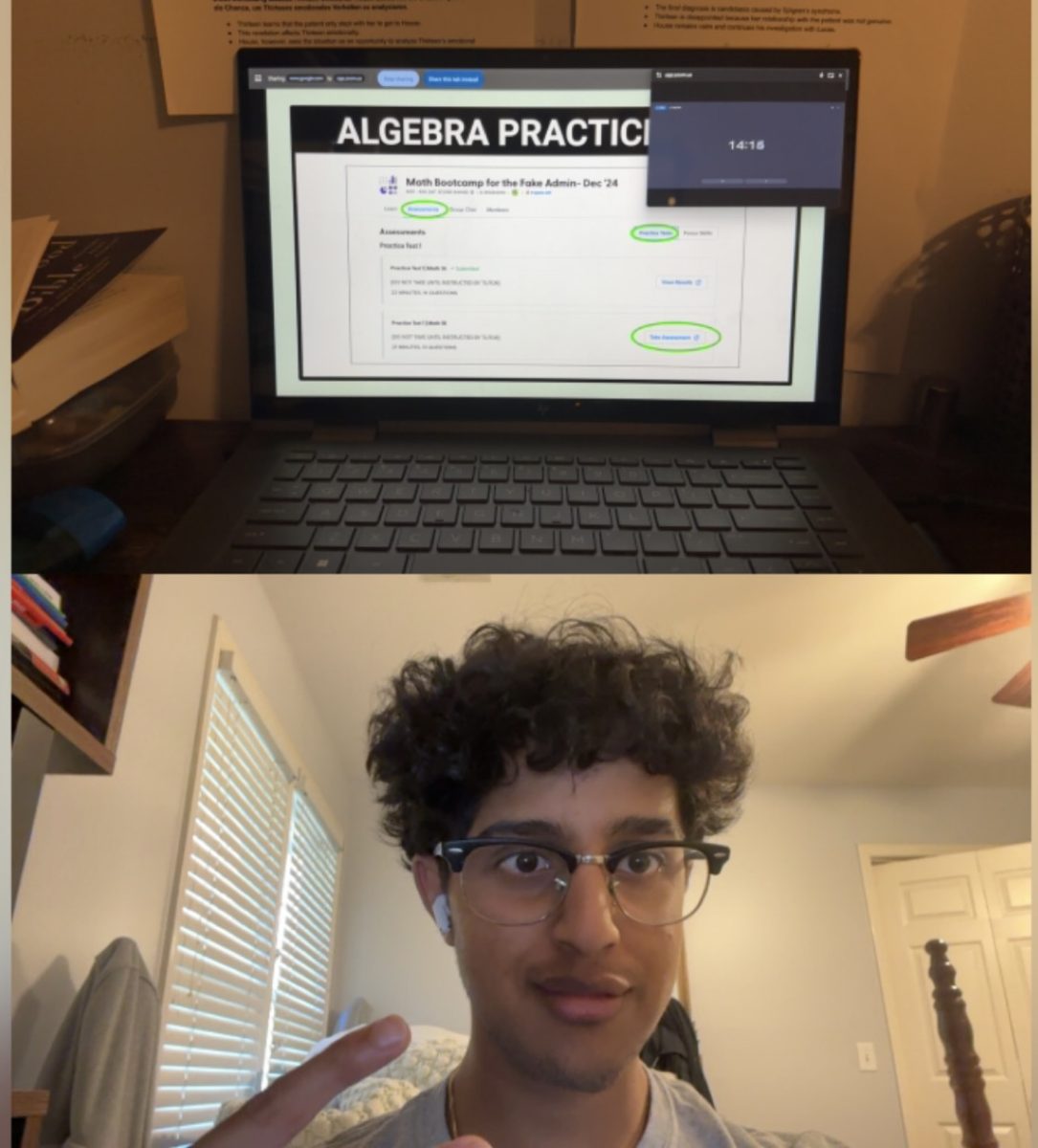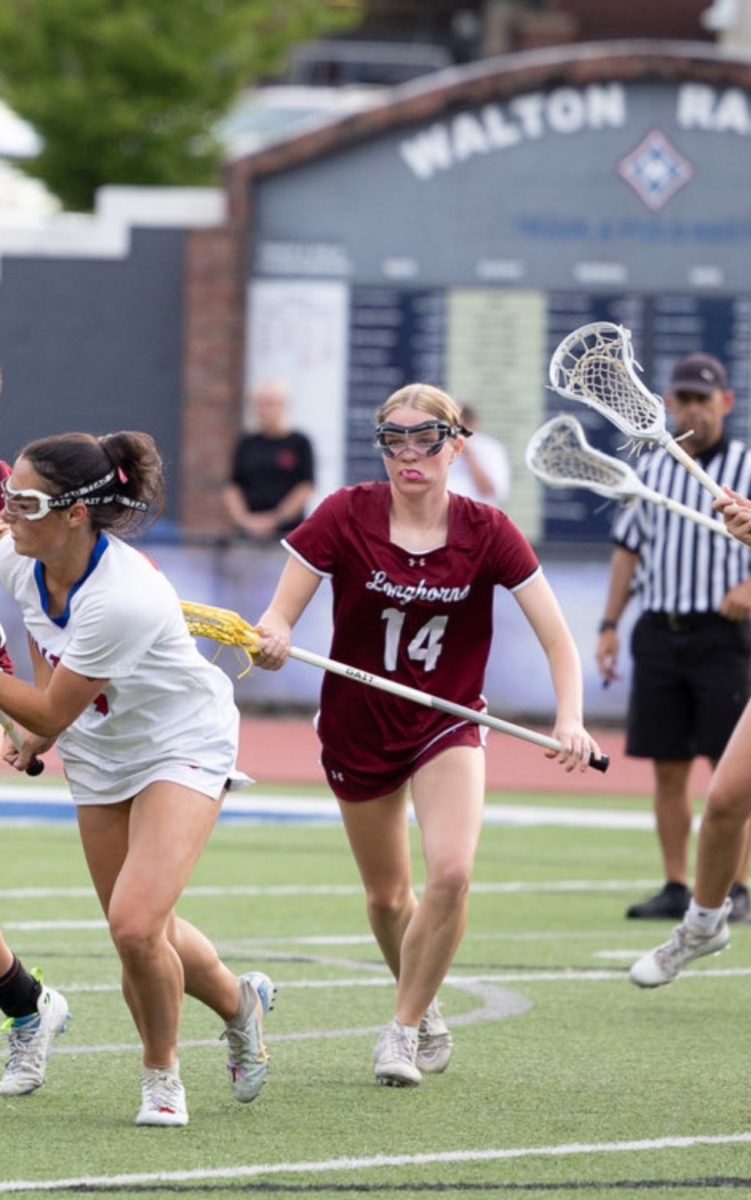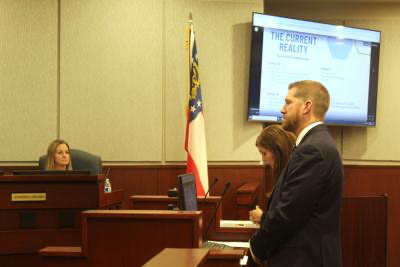
In December 2024, the Forsyth County School Board passed a new policy that limits the number of self-pay online classes a high school student can take per semester. Lambert is known for its ambitious and competitive environment, so many students are looking for an advantage to stand out for colleges. Self-pay online courses offer motivated students an opportunity to enrich their education outside of school. In recent years, the county has seen a rise in students overloading their coursework with several online Advanced Placement (AP) classes per semester to boost their Grade Point Average (GPA).
Online courses through platforms like Georgia Virtual Schools(GAVS) or Forsyth Virtual Academy(FVA) cost $500 for a full school-year and $250 for one semester, and those who take multiple virtual classes pay well above $2000 throughout their high school career. The new policy, designated for the class of 2028(current freshmen) and onwards, is aimed to level the playing field for all families.
“We have kids graduating with over twice as many credits as they need required by the state to ramp up that GPA and a chase for Val and Sal [valedictorian and salutatorian],” Principal Mrs. Thrower said. “They’re spending thousands of dollars to do it, and obviously for our families who can’t afford that, it becomes an equity issue.”
While Forsyth County is the richest county in Georgia and has a median family income of $138,000 according to U.S. News, people who cannot afford to take several online classes are at a huge disadvantage, which the policy aims to negate or at least minimize.
In addition, the mental health aspect of taking too many virtual classes should not be left unrecognized. Especially in Forsyth County, many students feel the need to take more AP classes than they are comfortable with because of peer pressure. According to Mountain Heights Academy, an organization that specializes in digital education, students may turn to unhealthy mechanisms when overwhelmed to cope with heavy workloads. Maintaining a healthy lifestyle while ensuring that school assignments are taken care of is already a large task for students. This leads educators to feel worried when students take many classes that are high rigor without considering their personal health.
Many factors went into making sure the policy did not affect students who were taking online classes that aren’t offered at Lambert during the school day. To avoid this, the policy was written to only impact students taking self-paid classes after school. Mrs. Thrower and her team, composed of various counselors, teachers and students, completed an extensive evaluation and research process before presenting to the school board in November.
“We put together a student focus group that was composed of students from every school in Forsyth to offer feedback and input on the policy,” Principal Thrower said. “I went and met with the admissions officers at Georgia Tech and the University of Georgia to talk to them about their admissions process. I wanted to be certain that we weren’t proposing any change that would put students at a disadvantage.”
The feedback for the policy has been overwhelmingly positive. Mrs. Thrower explained that colleges like Georgia Tech and UGA (University of Georgia) could tell when a transcript was from Lambert because it would usually be overloaded with online courses and extra classes.
Students have felt that the policy has eased Lambert’s reputation of having a cutthroat academic culture. As a result of the policy, Principal Thrower hopes that students will not be pressured to compete as heavily with others. The ultimate goal is that the restriction will improve mental health as a result of the reduced competition. The impact of the policy will be felt throughout Lambert in the coming years.



